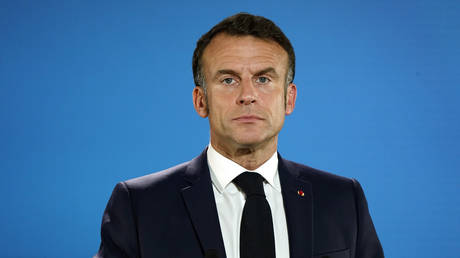HIDDEN DEBTS: court continues to dissect bribes
Total bribes paid by the Abu Dhabi based group Privinvest under Mozambique’s “hidden debts” scandal amounted to at least 55.6 million US dollars, 1.37 million euros and 602 billion meticais (about ten million US dollars), according to the calculations made by the Maputo City Court.
Continuing to deliver his verdict on the case, judge Efigenio Baptista said the largest bribe, of 33 million dollars, had gone to Ndambi Guebuza, the oldest son of the then President, Amando Guebuza. This money was intended to buy Privinvest access to the President and seems to have been successful.
It was after payment of the bribe that the contract was signed between Privinvest and the company Proindicus, the first of three fraudulent companies set up under the scheme. Money for the bribes came from Privinvest grossly inflating the price of the patrol boats and other assets that it sold to Proindicus. Similar over-invoicing followed with the two other companies, Ematum (Mozambique Tuna Company) and MAM (Mozambique Asset Management).
Among the other significant bribes were 8.5 million dollars each paid to Ndambi Guebuza’s associates Teofilo Nhangumele and Bruno Langa; 3.2 million dollars for Antonio Carlos do Rosario, the head of economic intelligence in the security service, SISE, and chairperson of all three fraudulent companies; 1.6 million dollars for Renato Matusse, Guebuza’s political adviser; and 750,000 euros for Guebuza’s personal secretary, Maria Ines Moiane.
Baptista pointed out that this money did not really belong to Privinvest but had been stolen via the contracts signed with Mozambican state bodies. The accused, he said, had conspired “to defraud the Mozambican state”.
Those employed by the state – such as Rosario, his immediate superior, Gregorio Leao, and other SISE operatives – bore a particular guilt for they must have known that what they were doing was illegal. That was why they had sought to disguise the origins of the money they received from Privinvest.
“They put their own interests above those of the Mozambican state”, declared Baptista.
Ndambi Guebuza had always denied taking bribes from Privinvest, but had been unable to explain his close relations with senior Privinvest salesperson, Jean Boustani. During his evidence, Ndambi told the court he had a “partnership” with Boustani, but refused to explain the nature of this partnership.
If his dealings with Boustani were innocent, asked the judge, why was he concealing them? If this partnership was legitimate, there could be “no honest reason” for this secrecy.
Why had Ndambi gone with Rosario, Nhangumele and Langa to Privinvest facilities in Germany and Abu Dhabi in 2011 and 2012? Why had he given his passport to Boustani so that the latter could open an account in his name in the Commercial Bank of Abu Dhabi?
That account, Baptista noted, had been dormant in 2015, but had received 14 million dollars in two instalments in 2013.
Furthermore, there is a wealth of email correspondence between Ndambi, Nhangumele, Boustani and others on the payment of bribes. Ndambi claimed that some of the emails were forged, as was his signature on some documents.
So, the court submitted all this documentation to a forensic investigation – which could find no sign of any falsification.
Baptista noted that the bribes had greatly inflated the price of the Proindicus contract. Initially, the contract between Privinvest and Proindicus was for 302 million dollars. 50 million dollars in bribes, plus 14 million dollars supposedly for wages of senior staff and for vehicles, pushed the price up to 366 million dollars.
The bribes, however, are a relatively small part of the money that Mozambique lost through the three fraudulent companies. All of them received huge loans from the banks Credit Suisse and VTB of Russia, and the Guebuza government illicitly guaranteed those loans.
Baptista pointed out that the loan guarantees smashed through the ceilings on such guarantees set by the budget laws of 2013 and 2014. The total guarantees were 850 million dollars for Ematum, 622 million for Proindicus and 540 million for MAM (of which 278 million was not used).
The Bank of Mozambique, Baptista said, did not have the power to approve such illicit loans – yet it did so. He noted that Rosario had intimidated central bank staff, insisting that the loan guarantees were a matter of national security.
The judge added that the guarantees also violated Mozambique’s agreements with the World Bank and the International Monetary Fund.
(AIM)


















